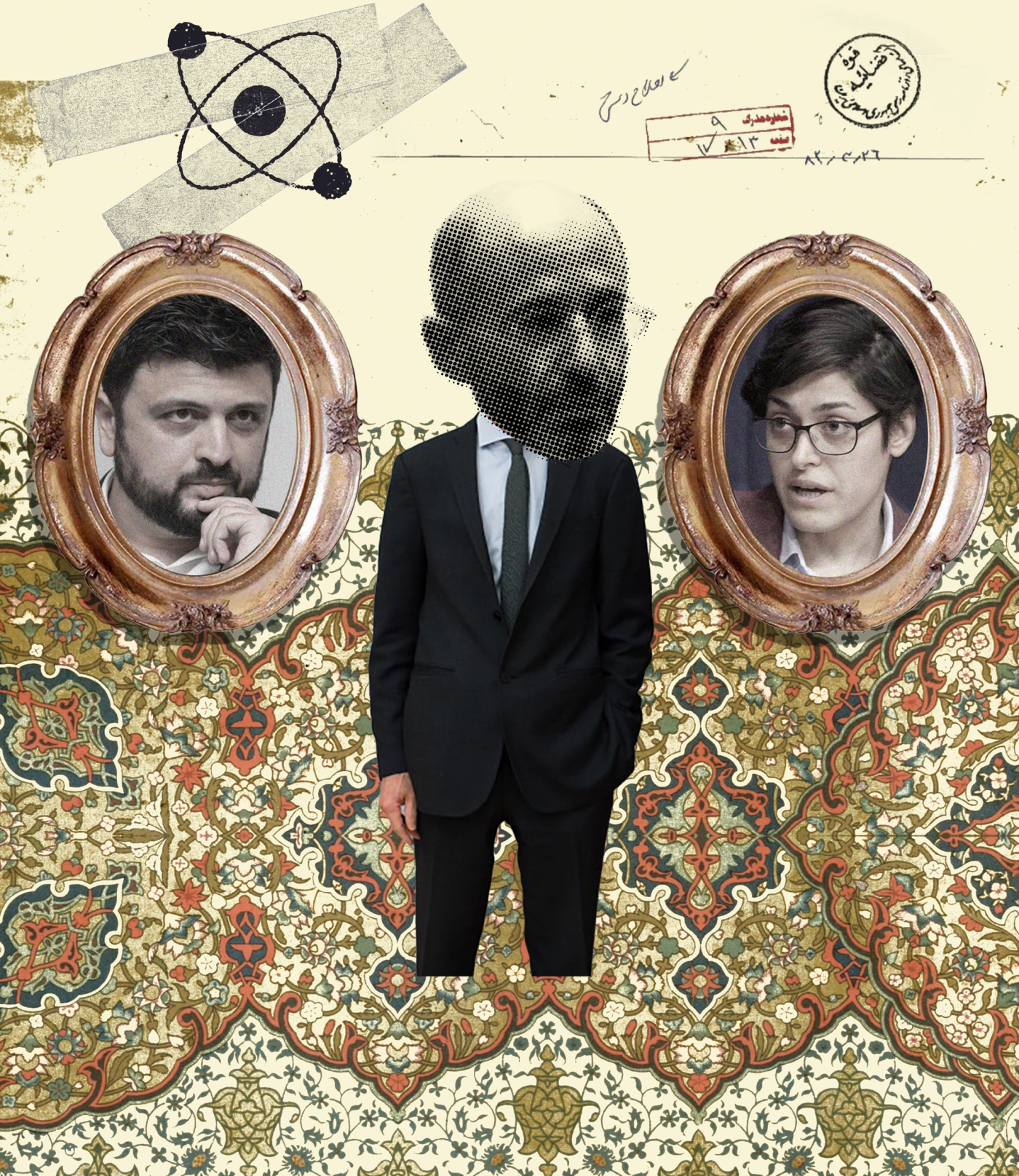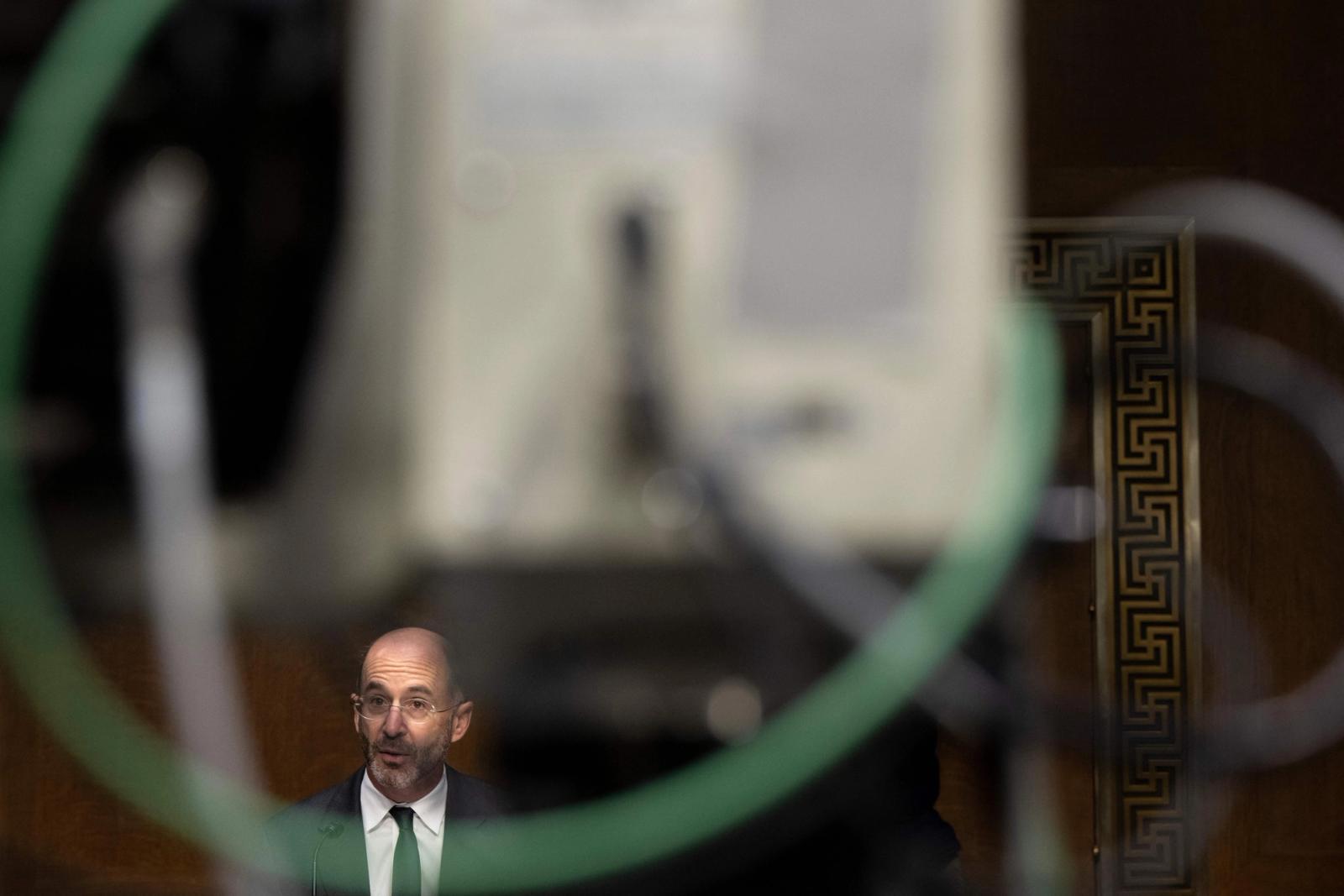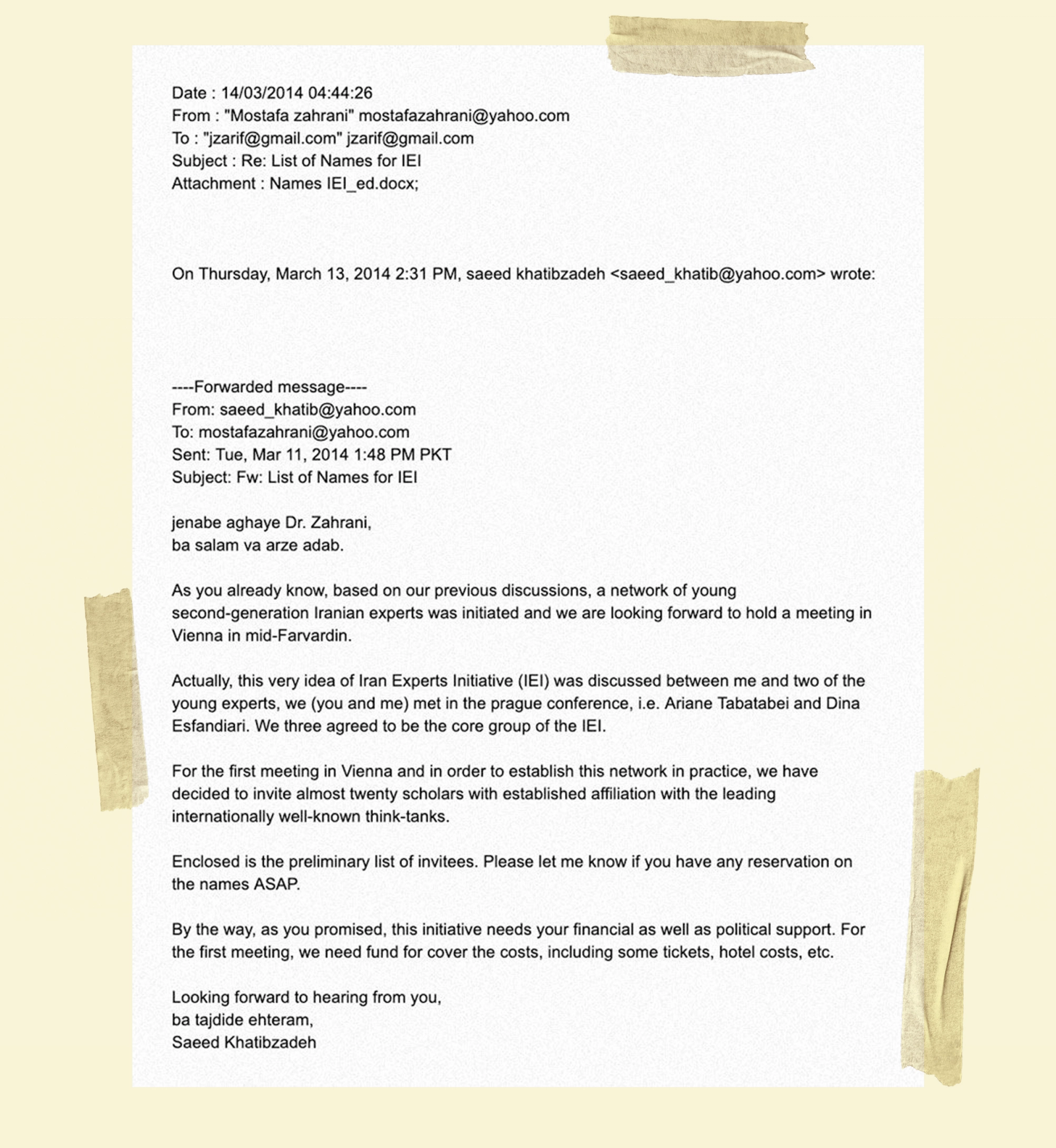Jay Solomon

THE SCOOP
In the spring of 2014, senior Iranian Foreign Ministry officials initiated a quiet effort to bolster Tehran’s image and positions on global security issues — particularly its nuclear program — by building ties with a network of influential overseas academics and researchers. They called it the Iran Experts Initiative.
The scope and scale of the IEI project has emerged in a large cache of Iranian government correspondence and emails reported for the first time by Semafor and Iran International. The officials, working under the moderate President Hassan Rouhani, congratulated themselves on the impact of the initiative: At least three of the people on the Foreign Ministry’s list were, or became, top aides to Robert Malley, the Biden administration’s special envoy on Iran, who was placed on leave this June following the suspension of his security clearance.

The documents offer deep and unprecedented new insights into the thinking and inner workings of Iran’s Foreign Ministry at a crucial time in the nuclear diplomacy — even as Tehran’s portrayal of events is questioned, if not flatly denied, by others involved in the IEI. They show how Iran was capable of the kind of influence operations that the U.S. and its allies in the region often conduct.
The emails were obtained and translated by Iran International, a Persian-language television news channel headquartered in London — which was briefly based in Washington due to Iranian government threats — and shared with Semafor. Semafor and Iran International jointly reported on some aspects of the IEI. Both organizations have produced their own stories independently.
The communications reveal the access Rouhani’s diplomats have had to Washington’s and Europe’s policy circles, particularly during the final years of the Obama administration, through this network. One of the German academics in the IEI, according to the emails, offered to ghostwrite op-eds for officials in Tehran. Others would, at times, seek advice from the Foreign Ministry’s staff about attending conferences and hearings in the U.S. and Israel. The IEI participants were prolific writers of op-eds and analyses, and provided insights on television and Twitter, regularly touting the need for a compromise with Tehran on the nuclear issue — a position in line with both the Obama and Rouhani administrations at the time. The emails describe the IEI being initiated following Rouhani’s 2013 election, when he was looking to find an accommodation with the West on the nuclear issue. According to the emails, Iran’s Foreign Ministry, through its in-house think tank — the Institute for Political and International Studies — reached out to ten “core” members for the project, through which it planned to liaise over the next 18 months to aggressively promote the merits of a nuclear deal between Tehran and Washington, which was finalized in July 2015.
“This initiative which we call ‘Iran Experts Initiative (IEI)’ is consisted of a core group of 6-10 distinguished second-generation Iranians who have established affiliations with the leading international think-tanks and academic institutions, mainly in Europe and the US,” Saeed Khatibzadeh, a Berlin-based Iranian diplomat and future Foreign Ministry spokesman, wrote to Mostafa Zahrani, the head of the IPIS think tank in Tehran, on March 5, 2014, as the project gained steam. Their communication veered between English and Farsi — which was translated by Iran International and independently verified by Semafor.

Khatibzadeh wrote again a week later, on March 11, and said that he had gained support for the IEI from two young academics — Ariane Tabatabai and Dina Esfandiary — following a meeting with them in Prague. “We three agreed to be the core group of the IEI.”
Tabatabai currently serves in the Pentagon as the chief of staff for the Assistant Secretary of Defense for Special Operations, a position that requires a U.S. government security clearance. She previously served as a diplomat on Malley’s Iran nuclear negotiating team after the Biden administration took office in 2021. Esfandiary is a senior advisor on the Middle East and North Africa at the International Crisis Group, a think tank that Malley headed from 2018-2021.
Tabatabai and Esfandiary didn’t respond to requests for comment on the IEI. Esfandiary’s current employer, the International Crisis Group, confirmed her participation in the initiative. But the Crisis Group, which promotes conflict resolution globally, said the IEI was an informal network of academics and researchers that wasn’t overseen by the Iranian Foreign Ministry and that it received funding from a European government and some European institutions, which they declined to identify.
The emails discussing the IEI were part of a trove of thousands of Zahrani’s correspondence that Iran International obtained. These include passport copies, resumes, invitations to conferences, airplane tickets, and visa applications. It’s not clear how complete or comprehensive the documents are concerning the IEI.
No comments:
Post a Comment